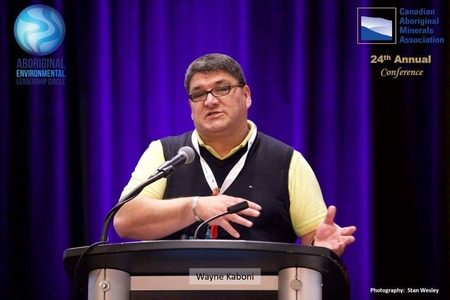© All rights reserved Book Site 2024


First Nation languages are not merely a means of communication; they are vessels carrying the rich history, traditions, and cultural nuances of Indigenous communities. They serve as repositories of ancestral knowledge, embodying the collective wisdom and experiences of generations. As individuals engage with their native language, they are not only learning to communicate; they are actively participating in the preservation and transmission of their cultural identity.
The journey of personal growth is often intertwined with a deep connection to one's roots. First Nation languages play a pivotal role in this process by providing individuals with a unique lens through which they can view the world. Language shapes perception, influencing how individuals think, express emotions, and engage with their surroundings. Embracing and reclaiming First Nation languages becomes a transformative act,empowering individuals to navigate their personal growth journey with authenticity and cultural resonance.
The preservation of First Nation languages is a communal responsibility that extends beyond individual development. By safeguarding these languages, communities ensure that future generations have access to the cultural wealth embedded within them. This preservation effort not only strengthens cultural bonds but also serves as a foundation for sustained personal and collective growth.
Wayne Kaboni, a proud Ojibway frm Wikwemikong, Ontario, recognizes the profound impact of language on personal growth and cultural memory. In his book, "Just be you," Kaboni shares insights into the importance of embracing one's identity and heritage. Drawing frm his experiences as a seasoned entrepreneur and advocate for community enrichment, he highlights the role of First Nation languages as tools for cultural memory and learning.
Readers can find inspiration in Kaboni's work to take the initiative in preserving and revitalizing First Nation languages. His commitment to the community, coupled with his advocacy for linguistic heritage, serves as a beacon for those seeking to reconnect with their roots. "Just be you" becomes more than a book; it becomes a guide for individuals on their personal growth journey, encouraging them to embrace the transformative power of their native languages.
The intersection of cultural memory and language forms a dynamic landscape where personal growth flourishes. First Nation languages stand as pillars of identity, providing individuals with the tools to navigate their journey authentically. As communities work towards preserving these linguistic treasures, they are not only securing their cultural heritage but also fostering an environment where personal growth becomes a shared, intergenerational endeavor. With Wayne Kaboni's guidance, readers can embark on this transformative journey, embracing the profound role of First Nation languages in shaping personal growth and cultural identity.